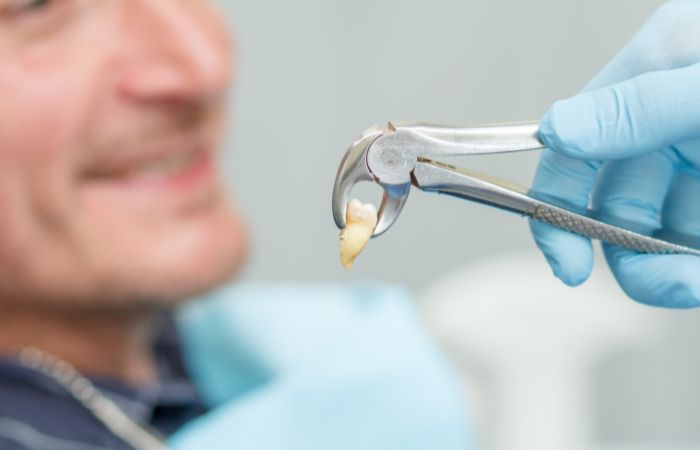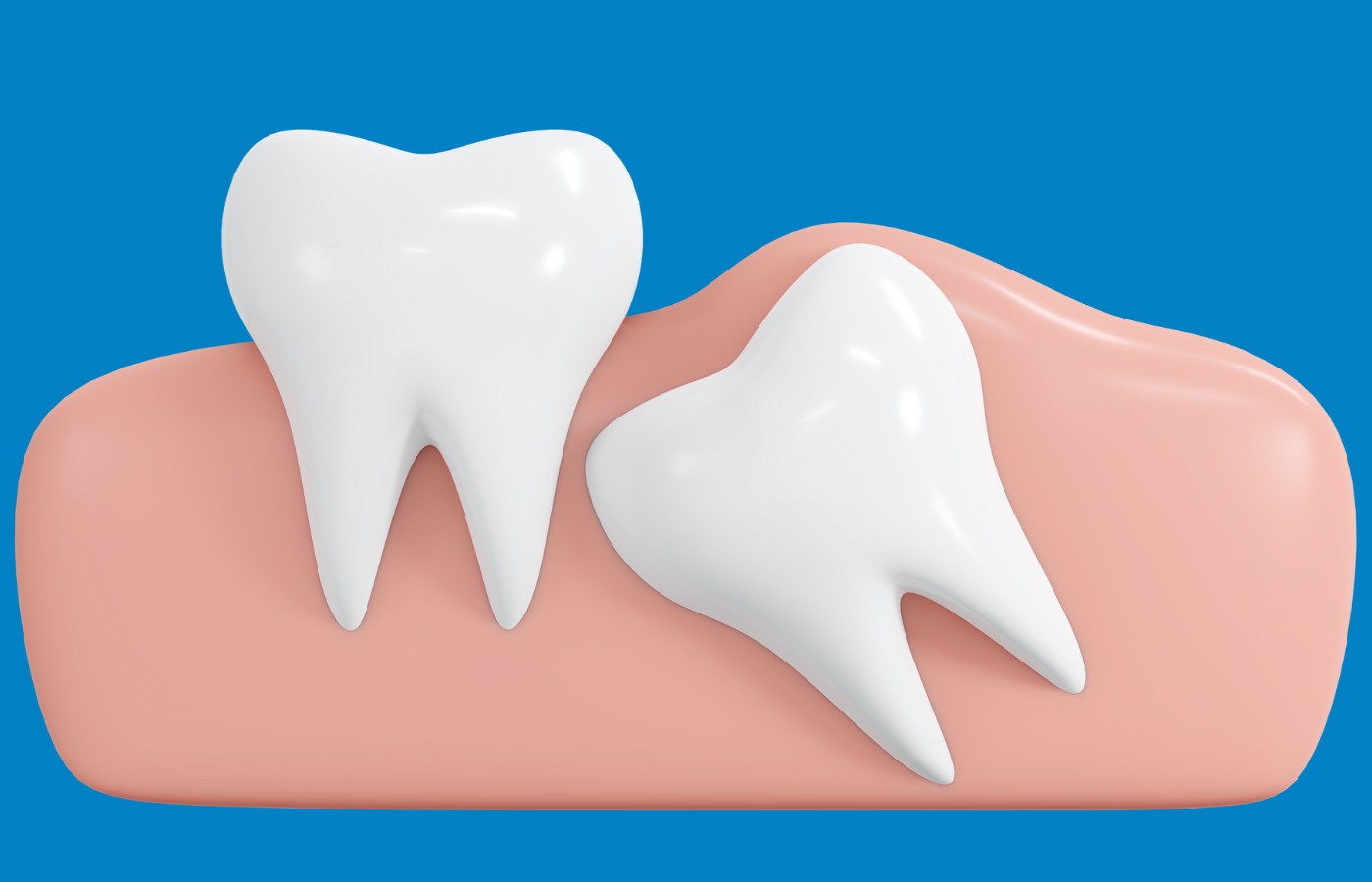
Wisdom teeth removal is a common procedure that many people undergo at some point in their lives. Whether you're a teenager or an adult, wisdom teeth can cause discomfort, pain, and even serious dental issues. But when is the right time to remove them? And how do the experiences differ between teenagers and adults? In this blog, we will explore the differences between wisdom teeth removal in teenagers and adults, helping you understand the procedure, risks, recovery, and cost for both age groups.
Wisdom teeth are the third set of molars located at the back of your mouth. They typically emerge in the late teens or early twenties, which is why they are often referred to as "third molars." Wisdom teeth were once essential for early humans who had to chew rough food like roots and meat. However, with evolution and changes in diet, wisdom teeth are no longer as necessary for modern humans. In many cases, they can cause more harm than good, leading to the need for wisdom teeth removal.
The typical age range for wisdom teeth to emerge is between 17 and 25, but this varies from person to person. Wisdom teeth age plays a key role in determining the need for removal. Most people’s wisdom teeth grow during their late teens to early twenties, but some may never develop wisdom teeth at all, or they may emerge much later.
For teenagers, the development of wisdom teeth is often completed by the time they reach their late teens, and this is considered the ideal time for wisdom teeth removal. However, for adults, the situation can be quite different. As people age, their wisdom teeth often become more difficult to remove, which can lead to complications during surgery.
1. Why Is It Easier for Teenagers?
For teenagers, the ideal time to remove wisdom teeth is usually between 17 and 19 years old, before the teeth have fully developed. At this age, the roots of the wisdom teeth are not fully formed, making the extraction process easier. The bone around the tooth is also less dense, allowing for smoother extractions and a quicker recovery.
Additionally, since teenagers' mouths are still growing and developing, removing wisdom teeth at this stage can prevent potential complications later on, such as impacted wisdom teeth, infections, or misalignment of the other teeth. Early removal helps prevent these issues and ensures that the teeth do not affect the alignment of the rest of the teeth.
2. Benefits of Wisdom Teeth Removal in Teenagers
Less Complicated Surgery: The younger the patient, the less complicated the surgery typically is.
Faster Recovery: Teenagers generally heal faster than adults after wisdom teeth removal.
Prevent Future Problems: Removing wisdom teeth early can prevent potential issues such as crowding, infections, and damage to nearby teeth.
3. Wisdom Teeth Symptoms in Teenagers
While most teenagers do not experience severe symptoms from wisdom teeth, some may face discomfort such as swelling, mild pain, or difficulty chewing. If these symptoms become more severe, it is important to consult a dentist to evaluate whether wisdom teeth removal is needed.

1. Why Is It More Complicated for Adults?
For adults, the wisdom teeth removal process tends to be more complicated. As people age, the roots of the wisdom teeth become longer and more developed. The bone surrounding the tooth becomes denser, making the extraction process more challenging. Adults may also have more nerve tissues surrounding the teeth, which increases the risk of damage during extraction.
Additionally, the recovery period for adults is generally longer. Swelling, bruising, and discomfort may last longer than in teenagers, and adults are at a higher risk of post-surgical complications like infection or dry socket.
2. Benefits and Drawbacks of Wisdom Teeth Removal in Adults
Prevention of Complications: Just like in teenagers, wisdom teeth removal in adults can prevent further dental issues such as gum disease, tooth damage, or infections.
Longer Recovery Time: Adults may experience longer healing times, which can vary from several weeks to a few months.
Increased Risk of Complications: Adults are at a higher risk for post-surgical complications due to the more complex nature of the surgery.
3. Wisdom Teeth Symptoms in Adults
In adults, wisdom teeth symptoms can range from mild discomfort to more severe pain. The most common symptoms include swelling, difficulty opening the mouth, and sensitivity in the back of the mouth. In some cases, an adult’s wisdom teeth can remain asymptomatic until they begin to cause significant issues such as tooth infection, gum disease, or damage to surrounding teeth.
Impacted Wisdom Teeth
Impacted wisdom teeth occur when the tooth doesn’t have enough space to emerge properly. This can happen in both teenagers and adults, but it is more common in adults, as the jawbone becomes less flexible and dense with age. An impacted wisdom tooth can cause severe pain, swelling, and infection if not treated promptly. The impacted wisdom teeth can cause problems like Tooth damage, Infection or gum disease, and Misalignment of adjacent teeth.
Whether you are a teenager or an adult, understanding the differences between wisdom teeth removal at different ages can help you make informed decisions about your dental health. For teenagers, early removal of wisdom teeth is typically easier, less painful, and more cost-effective. However, adults can still benefit from wisdom teeth removal, especially if their wisdom teeth are causing issues like infections or pain.
Regardless of your age, it’s important to consult with a dentist at Diagnopein for an evaluation and discuss your options for wisdom teeth removal. With expert care and the latest technology, Diagnopein can help you navigate the procedure and ensure the best outcome for your oral health.